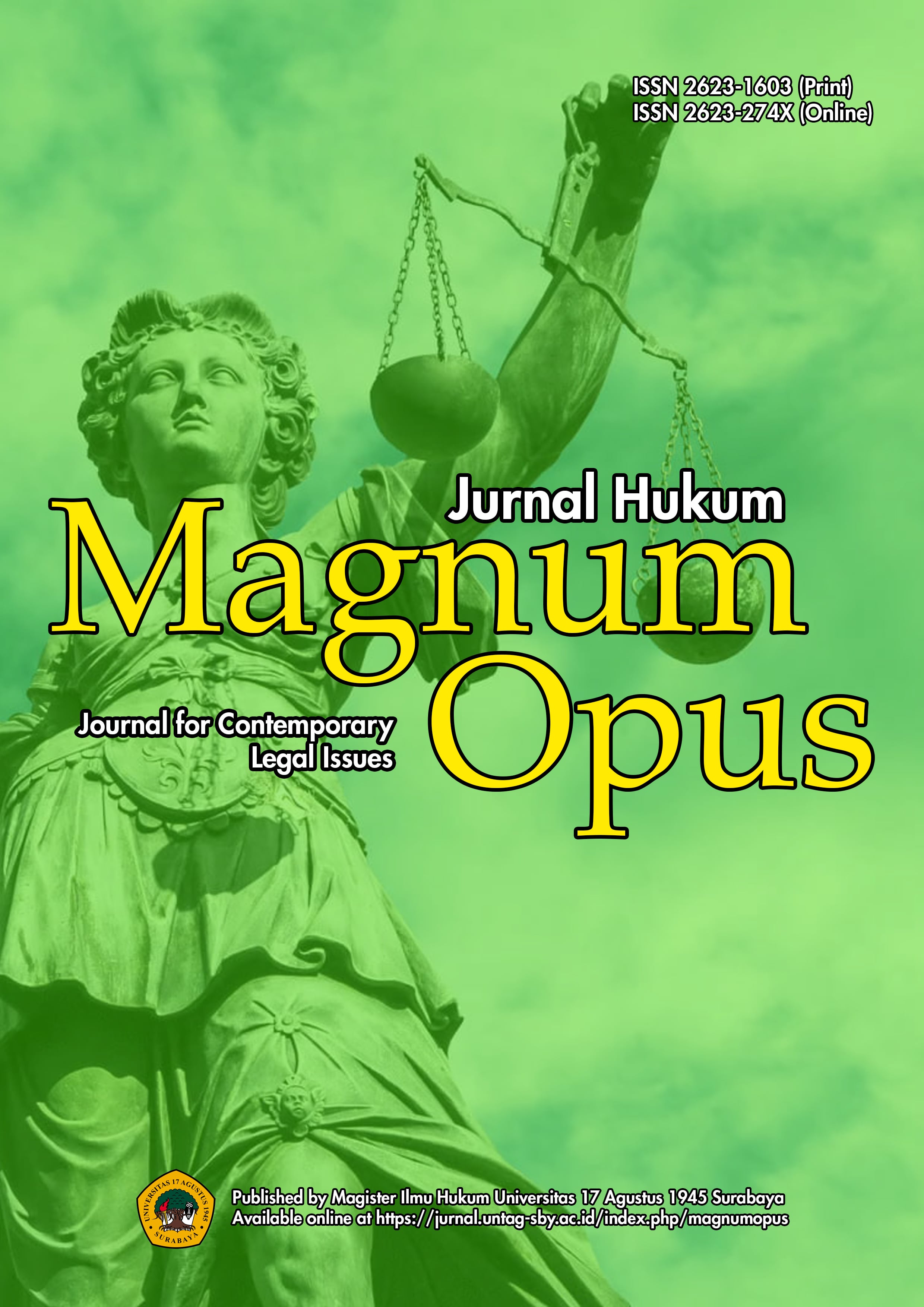Post-Quantum Cryptography and Legal Frameworks: Strengthening Uzbekistan’s Cybersecurity and Intellectual Property Protection
DOI:
https://doi.org/10.30996/jhmo.v8i2.13102Keywords:
quantum technology, cybersecurity, post-quantum cryptographyAbstract
The rapid development of quantum technology has significant implications for legal systems, particularly in the areas of cybersecurity, intellectual property, and digital sovereignty. The computational power of quantum computing to decrypt conventional encryption systems poses serious challenges to national information security. Developed countries have adopted post-quantum cryptographic policies to protect their data, while Uzbekistan still faces regulatory gaps in transitioning to more secure encryption systems. Furthermore, the increasing number of patents in quantum technology may create innovation barriers due to the phenomenon of patent thickets, which limit access to strategic technologies. The lack of regulatory clarity regarding legal liability for quantum-based artificial intelligence also creates uncertainty within Uzbekistan’s legal system, particularly in terms of transparency and accountability. Without adaptive regulations, Uzbekistan risks strategic data leaks and dependence on foreign actors in quantum technology development. Therefore, policy reforms are necessary, including post-quantum cryptography-based cybersecurity regulations, harmonization of intellectual property laws with international standards, and the implementation of regulatory sandboxes to test policies before widespread adoption. This study emphasizes that without concrete steps in quantum technology regulation, Uzbekistan risks falling behind in the global competition. A more flexible and progressive legal approach is required to ensure digital sovereignty, data security, and protection of domestic innovation. With the right policies, Uzbekistan can leverage quantum technology to drive its digital economy without compromising its strategic national interests.Downloads
Download data is not yet available.
Downloads
Published
2025-08-02
Issue
Section
Articles
License
Authors who publish with Jurnal Hukum Magnum Opus agree to the following terms:
- Authors transfer the copyright and grant the journal right of first publication with the work simultaneously licensed under a Creative Commons Attribution-ShareAlike 4.0 International License.. that allows others to share the work with an acknowledgement of the work's authorship and initial publication in this journal.
- Authors are able to enter into separate, additional contractual arrangements for the non-exclusive distribution of the journal's published version of the work (e.g., post it to an institutional repository or publish it in a book), with an acknowledgement of its initial publication in this journal.
- Authors are permitted and encouraged to post their work online (e.g., in institutional repositories or on their website) prior to and during the submission process, as it can lead to productive exchanges, as well as earlier and greater citation of published work (See The Effect of Open Access)













